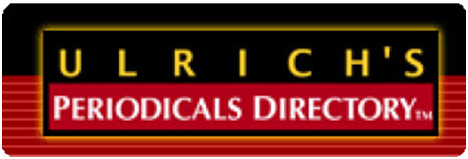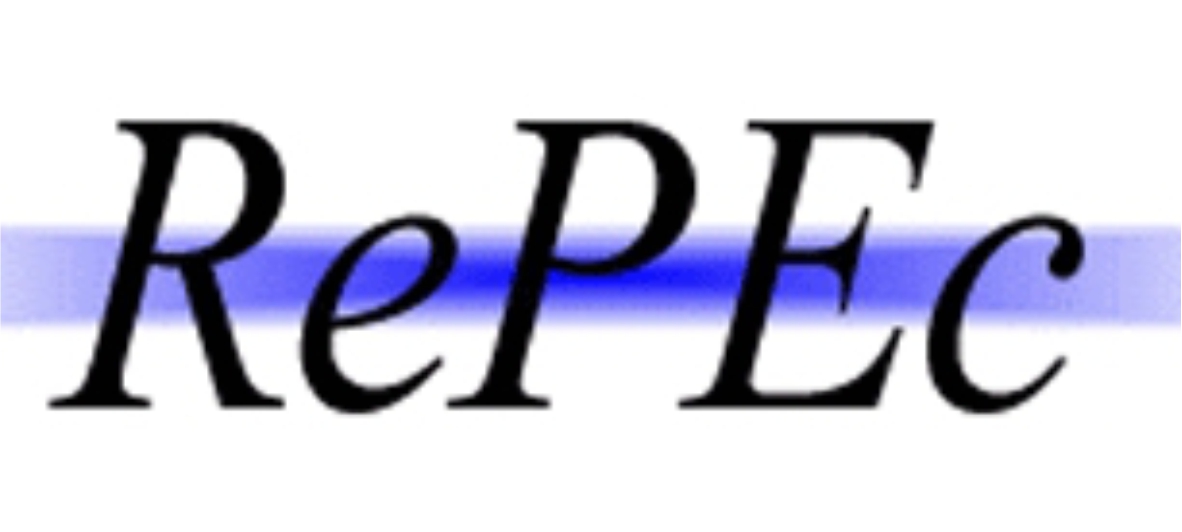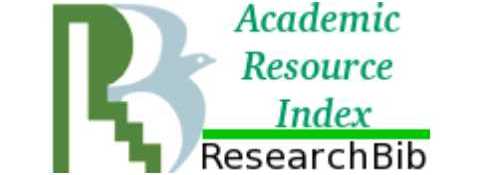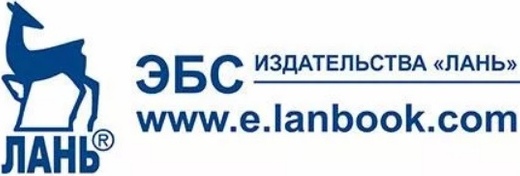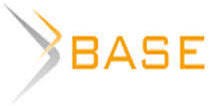Peer-review
Articles are subject to double-blind peer review. The review period is at least 30 days from the date of receipt of the article. Articles are reviewed by independent experts on the topic, branch of knowledge, who are appointed by the editorial board. In case of any questions and comments of a meaningful plan, the review (or the reviewer's comments) is sent to the author, with a proposal to make the necessary corrections to the text. If the review results are negative or there are no visible changes after the comments are corrected, the article is rejected from publication, and the author is sent a copy of the review or a reasoned refusal. When publishing articles, the editorial board is guided by the date of receipt of the last version after reviewing. If the materials are accepted for publication, a license agreement is concluded with the author, which is signed by both parties in two copies. The original reviews are stored in the editorial office of the publication in electronic or printed form for 5 years, copies of which can be sent to the Ministry of Education and Science of the Russian Federation upon receipt of a corresponding request to the editorial board. When you publish articles, the editors follow the receipt date of the last version after peer review. In case of acceptance of materials for publication, with the author license agreement, which is signed by both parties in two copies.
When reviewing arrived manuscripts the editorial board, external reviewers and editorial office are guided by following criteria:
- Statement of a scientific problem, its relevance from the point of view of the solution of scientific tasks which belong to a problem field and a profile of the journal.
- Originality, independence, novelty, interesting approaches.
- Respect for methodological and methodical culture.
- Reliability and persuasiveness of data.
- Use of materials of predecessors, availability of polemics with earlier published materials.
- Level of literary quality of the text, expressive accuracy, laconicism, symmetry and logicality of the argumentation, and also compliance to editorial requirements.




